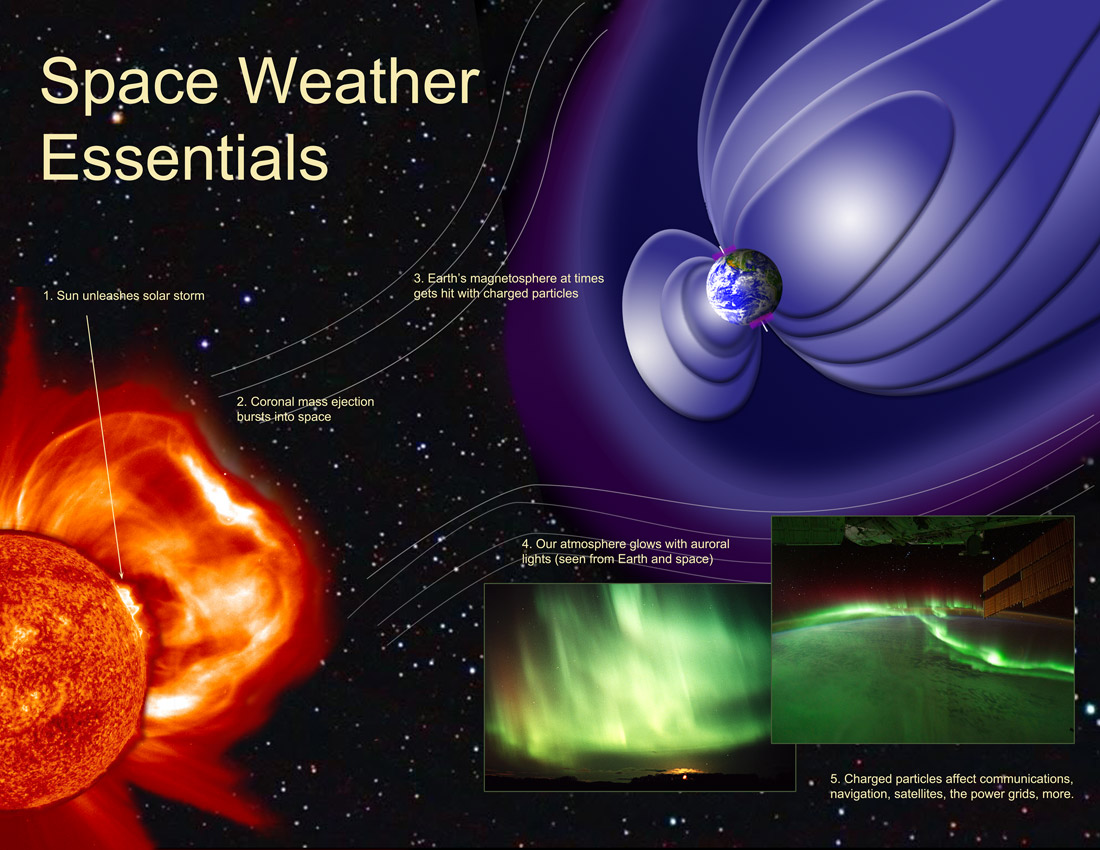
Who moved my finger ?
Most of us would want to believe that, when we decide to perform a simple action like lifting a finger, we make the decision with full awareness in one part of our brain, send an order to the muscles, and the finger moves.
It would be strange – even unbelievable – to have to consider another possibility: that the brain decides before we are aware of it. Somehow, the idea that our decisions occur at an unconscious level and we are made aware of them only after the event. It seems to throw into question the whole idea of free will.
Nevertheless, there is fascinating scientific evidence that is difficult to explain away suggesting that our awareness of how we make decisions may give us a false impression that we have made the decision ourselves.
More than twenty years ago, Benjamin Libet, a pioneering US researcher into consciousness, devised the following experiment:
He attached movement detectors to the fingers of volunteers and electrodes to their scalp. In front of the subject was a cathode ray tube with a dot that rotated in a circle. The subject was asked to move his finger at any time, and to note by observing the position of the dot on the screen the point at which he became aware of the decision. During this process, Libet also measured the timing of the subject’s brain activity.
The experiment showed the following sequence of events:
1. Half a second before the finger moved, there was brain activity in the part of the brain that sent the instruction to the muscles.
2. A fifth of a second before the finger moved, the subject was aware of making the decision.
3. The finger moved.
Effectively, Libet was observing what the subject was going to decide before the subject himself knew.
These results are consistent and repeatable, but perhaps not as important as they might seem. A difference of three-fifths of a second between making a decision and being aware of it is pretty short and may have explanations that don’t breach the idea that we have free will. But supposing the decision was actually made up to seven seconds before we became aware of it; surely that really would mean that some ‘one’ other than ourselves was making the decision and that we didn’t have free will?
In 2008, a team of scientists in Germany using sophisticated computer programs to analyse patterns of brain activity reported just this result. They looked at the brains of subjects asked to press a button with the left or the right hand. The choice was up to the subject, who could also choose the moment at which to press the button. The scientists discovered specific patterns of brain activity that occurred up to seven seconds before the subject said he had made the decision about which hand to use. They were so good at recognizing these patterns that they were able to predict which hand a subject would use before the subject knew himself.
The researchers didn’t go so far as to suggest that someone else was making the decision. “Our study shows that decisions are unconsciously prepared much longer ahead than previously thought.” they wrote.
Edward N. Lorenz, the father of chaos theory, would have been unworried by these discoveries. “We must wholeheartedly believe in free will,” he wrote. “If free will is a reality, we shall have made the correct choice. If it is not, we shall still not have made an incorrect choice, because we shall not have made any choice at all, not having a free will to do so.”





